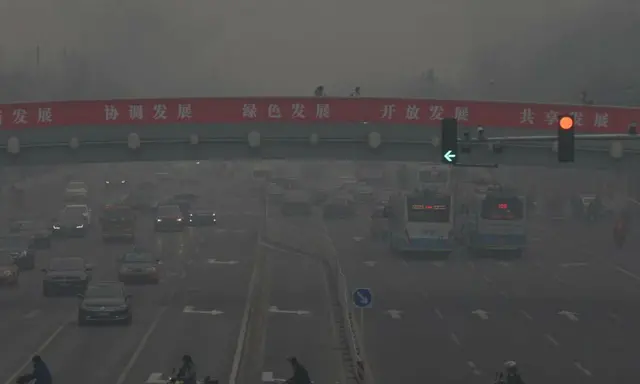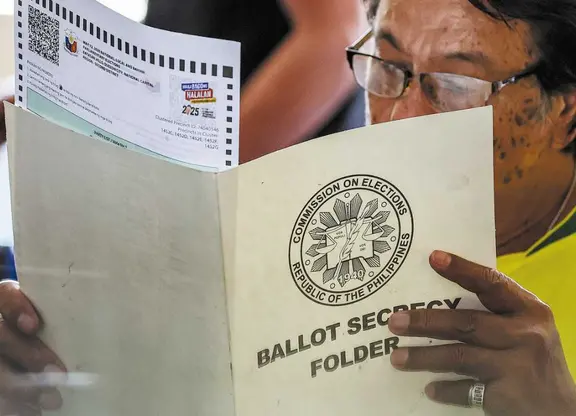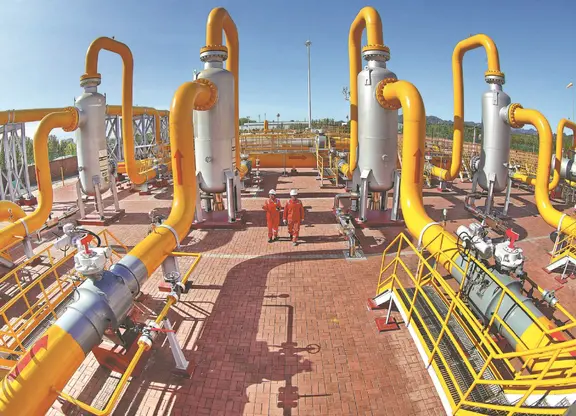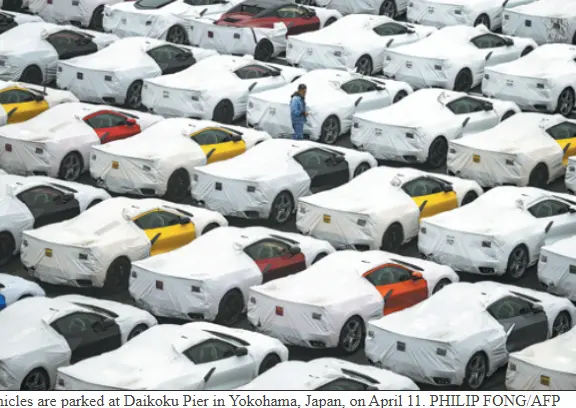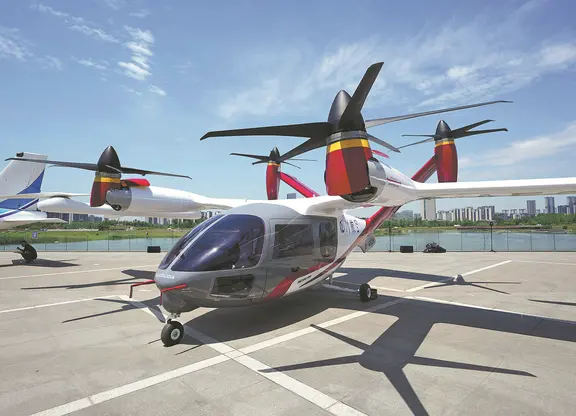City officials say notorious bad air days are part man-made, part natural but sceptics says it’s a move by officials to dodge responsibility to tackle air pollution
Beijing municipal authorities are mulling whether to classify the city’s notorious smog events as “meteorological disasters” along with torrential rain, blizzards and droughts among others, according to draft regulations on natural disaster mitigation submitted on Thursday.
Liu Zhengang, director of the municipal government’s legal affairs office, said smog as was “a combined result of man-made pollution and natural weather conditions” so it was appropriate to call the phenomenon a meteorological disaster, the Beijing News reported.
Both Tianjin and Hebei – Beijing’s neighbours – have classified smog as weather disasters, so Beijing authorities considered it “necessary” to adopt the classification as well for “regional cooperation on tackling smog”, the report said.
According to the proposals, which stipulate prevention measures and emergency responses, meteorological disasters caused 111 deaths in the capital between 2001 and 2014, and caused direct economic losses totalling 22.5 billion yuan (HK$26.6 billion).
A view of the Forbidden City shrouded in smog from top of Jingshan Park in Beijing. Photo: SCMP
The regulations call for Beijing to establish “wind corridors”– areas where, for example, building height and placement will be regulated to harness natural breezes to channel smog away from urban areas, the report said.
Some Beijing residents were sceptical about the proposals, saying the move to classify smog a natural catastrophe was a move to exonerate the government of its responsibility to tackle chronic pollution.
“Smog is a man-made catastrophe, not a natural disaster,” reads a comment on Weibo, a popular social media site.
A delegate wearing a mask arrives for the 4th session of the 12th National People’s Congress at the Great Hall of the People in Beijing in March. Photo: SCMP
“Beijing [government] was able to roll out blue skies whenever there were key political meetings and events, so is that to say we have learned how to conquer natural disasters?” another commentator remarked.
Whenever the city’s air pollution reaches unbearable levels for days at a time – an event dubbed by locals as an “airpocalypse” – relief usually only follows the arrival of a weather change of wind or rain to clear away the filthy air.
Some citizens jibe that Beijing’s “environmental protection depends mainly on blowing air”.
(SOUTH CHINA MORNING POST)
 简体中文
简体中文

